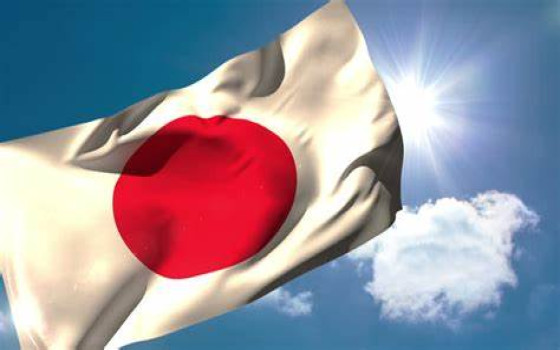
Japan records the largest trade deficit ever in January of 3.5 trillion yen

- Europe and Arabs
- Thursday , 16 February 2023 15:34 PM GMT
Japan recorded its largest trade deficit ever in January, with a value of 3.5 trillion yen (about $26 billion), driven by higher energy import prices and slower export growth.
The Japanese Ministry of Finance said in a statement today, Thursday, that the deficit, which is about 1.6 times more than the previous year, exceeded the previous record of 2.82 trillion yen, which the country recorded last August, which highlights the weakness of the impoverished country. resources that depend on other countries for energy.
The ministry pointed out that "the Chinese Lunar New Year holiday began last January earlier than in recent years, which is likely to contribute to the exacerbation of Japan's trade deficit rates with China, as shipments destined for China tend to decline in terms of pace." work during the holiday period.
He added: Total imports in January rose 17.8 percent to 10.05 trillion yen, supported by imports of coal, liquefied natural gas and crude oil, while exports increased 3.5 percent to 6.55 trillion yen thanks to auto shipments destined for the United States, and the balance of both imports and exports was higher. For the month of January since comparable data became available in 1979.
The statement indicated: The slowdown in export growth is a worrying sign that the global economy is losing its strength amid sharp increases in interest rates in major economies, and Japan recorded a trade deficit with the rest of Asia, including China, with a value of 1.38 trillion yen, while it recorded a deficit of 173.79 billion yen with the European Union.
Commenting on this, Chisato Ueshiba, an economist at the Dai-ichi Life Research Institute, said: The decline in Chinese exports may be a seasonal factor, but we will need more data to see if this is the case. What is of concern is that export volumes to the US and Europe are not doing well, and slower economic growth in these economies may be realistic in mid-2023."
Ueshiba added - according to Kyodo - that "the rise in commodity prices and the rapid depreciation of the yen last year may have ended, which reduces import costs, and despite the decline in crude oil prices, they are still at high levels and can remain so."
Japanese exports to China decreased by 17.1% to 967.45 billion yen, while imports increased by 12.3% to 2.39 trillion yen. Japan achieved a surplus of 280.68 billion yen with the United States, which is a major trading partner of Japan, according to the statement.
Source: Middle East News Agency












No Comments Found